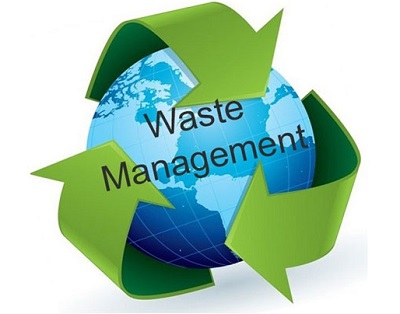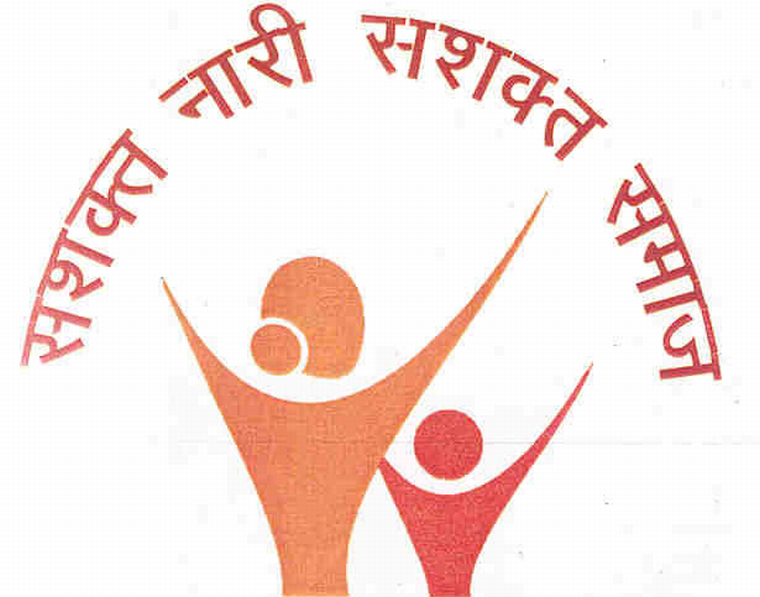Solid waste management posing greatest challenge before the state of Himachal Pradesh, as the state pushes towards development. In the state’s pursuit for economic and social development, the Government of Himachal Pradesh gives due priority to environmental aspects in line with its commitment to pursue sustainable development. State government in its pursuit of an effective state-wide solid waste management system presents solution to control menace of Solid waste in state effectively.
For maximizing efficiency and effectiveness of this service, it is necessary to the problem of Solid waste management systematically by going into all aspects of the “Solid Waste Management” (SWM) and devise cost effective system which may ensure adequate level of SWM services to all class of citizens along with collection, transportation and disposal of waste in an environmentally acceptable manner in terms of the new Solid Waste Management Rules, 2016.
Being a most favored tourist destination, the State receives huge influx of tourists in summers. Therefore, quality and quantity of waste generated in the state does not remain the same through all seasons but it shows steep variation during different seasons due to massive floating population the State of Himachal Pradesh due to touristic activities.
Rural areas of Himachal Pradesh became Open Defecation Free (ODF) on 28th October 2016. Thereafter, focus under Swachh Bharat Mission – Gramin (SBM-G) has shifted to ODF sustainability and Solid and Liquid Waste Management (SLWM). At present, all the Gram Panchayats (GP) has taken up SLWM activities through various programmes in convergence mode. Funds are being released to the Gram Panchayats which includes Rs. 7 Lakh for a Gram Panchayat having upto 150 households, Rs. 12 Lakh upto 300 households, Rs. 15 Lakh upto 500 households and Rs. 20 Lakh for Gram Panchayat having more than 500 households.
Specifically funds amounting to Rs. 103.68 Crore have been utilized in 768 Gram Panchayats. The Gram Panchayats have taken up activities such as Soak Pit, Magic Pit, Leach Pit and Drains at individual and community level under SBM-G.
To hand hold the Gram Pachayats on Solid and Liquid Waste Management (SLWM) Indicative Points/Standard Operating Procedure (SOP) was circulated to enable the Gram Panchayats to prepare Action Plan. The Gram Panchayats were asked to discuss prevailing system of SLWM in this jurisdiction and identify possible source of waste. The Gram Panchayats were also asked to identify the types and quantum of waste in their respective areas.
Several Gram Panchayats were asked to start segregation of the waste at source and devise mode of collection and transportation to the disposal points for scientific disposal of the waste. The SOPs emphasised setting up of institutional framework to deal with Solid Waste rather than to have adhoc approach towards the Waste Management.
After getting feedback from the field, cluster approach was adopted to effectively and economically deal with Solid and Liquid Waste (SLW). All the districts were requested to identify at least one SLWM cluster consisting of 10 to 12 GPs. As a result 12 SLWM clusters were identified consisting of 109 GPs.
Two days workshop on Solid Liquid Waste Management (SLWM) was organized for cluster GPs at HIPA, Fairlawn Shimla. Thereafter exposure visits were also organized for PRI representatives and Officials to different GPs in the State which are doing good work in SLWM.
All the clusters prepared their SLWM plans as per their local conditions and submitted the requirement of funds to the State. The funds were released to clusters which includes Rs. 12,20,000 lakhs to Narkanda (Shimla), Rs. 30,00,000 lakhs to Gohar (Mandi), Rs. 8,04,999 lakhs to Jhandutta (Bilaspur), Rs. 12,71,880 lakhs to Ajauli (Una), Rs. 49,78,985 lakhs to Khalet Bhawarna (Kangra), Rs. 50,00,000 lakhs to Sangla (Kinnaur), Rs. 5,00,000 lakhs to Nauni (Solan), Rs. 3,52,000 lakhs to Ghoond (Shimla), Rs. 56,11,909 lakhs to Ghugar (Kangra), Rs. 48,48,000 lakhs to Bangana (Una).
The Solid waste management plant in Gram Panchayat Ajauli, Una and Gram Panchayat Nauni, Solan have already started functioning and work in other clusters is in progress. Apart from these clusters SLWM plant in Gram Panchayat Aima, District Kangra is also functioning for the last two years where all types of solid waste is scientifically treated. Three Model Gram Panchayats in each district have been identified.
All Development Blocks have prepared Block level Solid Liquid Waste Management (SLWM) plan. It is proposed to make at least 500 Gram fPanchayats as “Zero Waste GP” by 2nd October, 2019. The Annual Implementation Plan (AIP) for the year 2019-20 has been approved with budgetary provision of Rs. 427.42 Crores.
Funds to the tune of Rs. 3 Crore have been released to Higher Education Department for installation of Incinerator in the Schools. The incinerators developed by self help groups have been approved by the Pollution Control Board which will be rolled out shortly.
Funds to the tune of Rs. 1.82 Crore have been released to Forest Department for fixing grills, wire mesh and Barriers at vulnerable points for preventing Solid Waste flow to the Water Bodies in the circle viz. Bilaspur, Chamba, Dharamashala and Nahan in the state.





